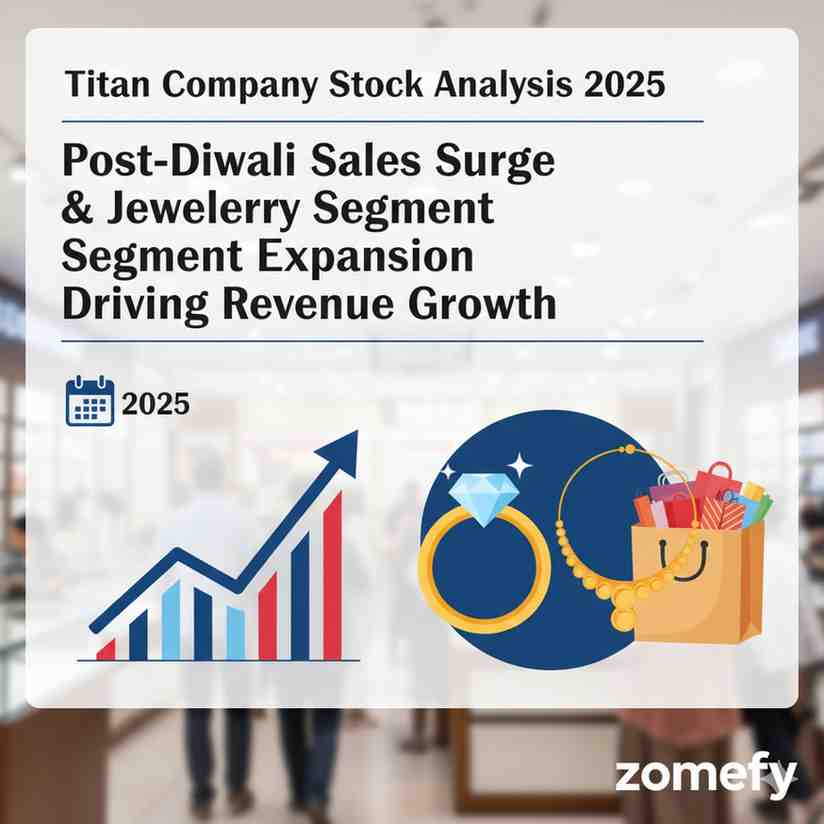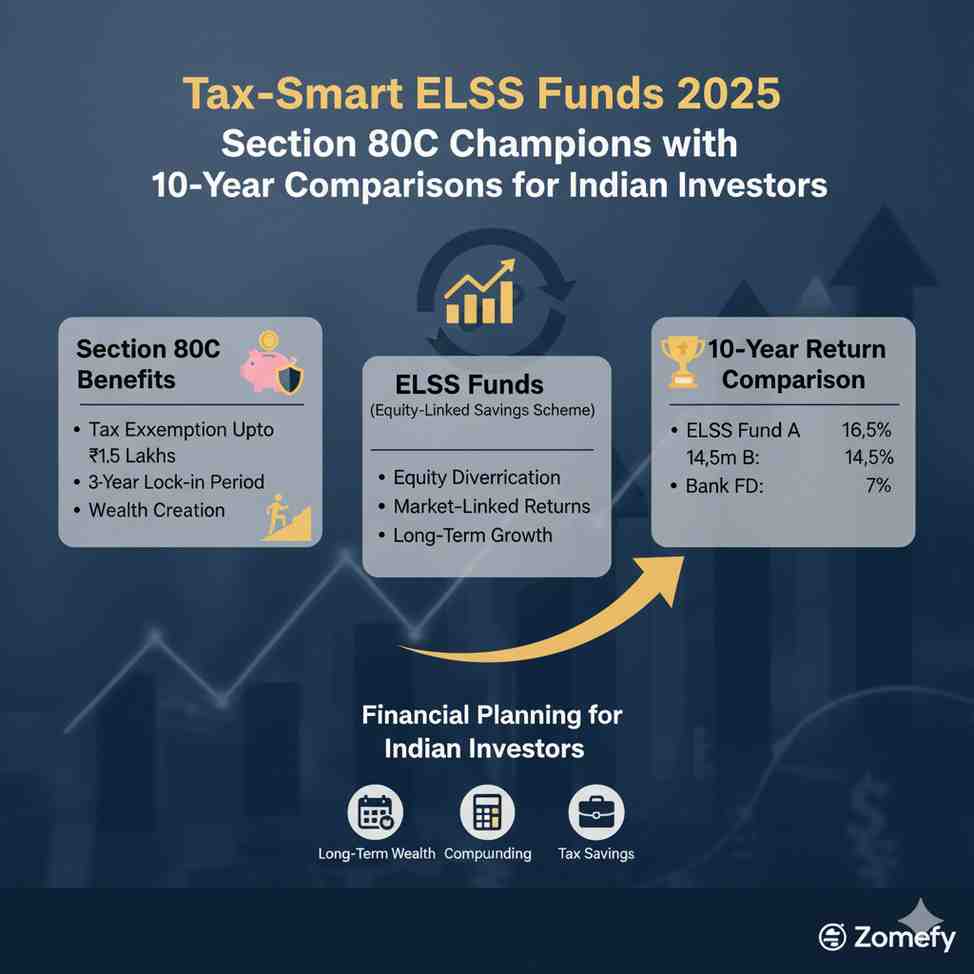Harnessing AI for Growth: Opportunities and Risks in Financial Services 2025
Explore how AI is transforming financial services in 2025: opportunities in risk management, customer service, and compliance, plus key risks and implementation strategies.
Harnessing AI for Growth: Opportunities and Risks in Financial Services 2025
What You Can Do Next
- Read the full article for complete insights
- Save for later reference
- Share with others learning about this topic
Image not available
Artificial Intelligence is revolutionizing financial services in 2025, transforming everything from customer interactions to risk assessment and regulatory compliance. As financial institutions race to adopt AI technologies, they're discovering unprecedented opportunities for growth, efficiency, and innovation. However, this digital transformation also brings new challenges around data privacy, algorithmic bias, and regulatory compliance. This comprehensive analysis explores the current state of AI in finance, key opportunities, emerging risks, and practical strategies for successful implementation.
AI Revolution in Financial Services: Current Landscape
The financial services industry has become one of the largest adopters of AI technologies, with applications spanning across all business functions. Key areas of implementation include:
The global AI in financial services market is projected to reach $45.2 billion by 2030, growing at a CAGR of 23.5% from 2023 to 2030.
Machine Learning in Credit Assessment
Traditional credit scoring models are being replaced by sophisticated ML algorithms that analyze vast datasets including transaction history, social media activity, and alternative data sources to provide more accurate risk assessments.
Natural Language Processing in Customer Service
NLP technologies enable banks to provide 24/7 customer support through intelligent chatbots that can understand context, handle complex queries, and escalate issues to human agents when necessary.
Computer Vision in Document Processing
AI-powered document processing systems can extract information from various document types, verify authenticity, and automate data entry processes, significantly reducing manual errors and processing time.
Key Growth Opportunities in AI Finance
Financial institutions are leveraging AI to unlock new revenue streams and improve operational efficiency. The most promising opportunities include:
Personalized Financial Services
AI enables hyper-personalization of financial products and services. By analyzing customer behavior, spending patterns, and life events, institutions can offer tailored recommendations for investments, insurance, and credit products.
Algorithmic Trading and Investment Management
AI-powered trading systems can process vast amounts of market data in real-time, identify patterns, and execute trades with speed and precision that human traders cannot match. Robo-advisors are democratizing investment management by providing low-cost, AI-driven portfolio management to retail investors.
Fraud Detection and Prevention
Advanced AI systems can detect fraudulent activities in real-time by analyzing transaction patterns, user behavior, and network relationships. These systems continuously learn and adapt to new fraud patterns, providing superior protection compared to traditional rule-based systems.
Regulatory Technology (RegTech)
AI is transforming compliance through automated regulatory reporting, real-time monitoring of regulatory changes, and predictive compliance analytics. This helps institutions stay ahead of regulatory requirements while reducing compliance costs.
Emerging Risks and Challenges
While AI presents significant opportunities, it also introduces new risks that financial institutions must carefully manage:
Algorithmic Bias and Fairness
AI systems can perpetuate or amplify existing biases in financial decision-making. Ensuring fairness in AI models requires careful data curation, bias testing, and ongoing monitoring of model performance across different demographic groups.
Data Privacy and Security
AI systems require access to vast amounts of sensitive customer data. Financial institutions must implement robust data protection measures, ensure compliance with privacy regulations like GDPR and CCPA, and maintain customer trust through transparent data practices.
Model Interpretability and Explainability
Regulators and customers increasingly demand explanations for AI-driven decisions. Developing interpretable AI models and providing clear explanations for automated decisions is crucial for regulatory compliance and customer acceptance.
Cybersecurity Threats
AI systems themselves can become targets for cyberattacks, including adversarial attacks that manipulate AI models. Financial institutions must implement comprehensive cybersecurity measures to protect their AI infrastructure.
Regulatory Landscape and Compliance
Regulators worldwide are developing frameworks to govern AI use in financial services. Key regulatory considerations include:
EU AI Act and Financial Services
The EU's AI Act classifies many financial AI applications as high-risk, requiring extensive documentation, risk management, and human oversight. Financial institutions must ensure compliance with these requirements.
US Regulatory Guidance
US regulators including the Federal Reserve, OCC, and CFPB have issued guidance on AI use in banking, emphasizing fair lending, risk management, and consumer protection principles.
India's AI Governance Framework
India is developing its own AI governance framework, with specific considerations for financial services. The Reserve Bank of India (RBI) has issued guidelines on AI use in banking, focusing on risk management and customer protection.
Implementation Strategies for Financial Institutions
Successful AI implementation requires a strategic approach that balances innovation with risk management:
Data Infrastructure and Governance
Establish robust data governance frameworks, ensure data quality and consistency, and implement comprehensive data security measures. Consider cloud-based solutions for scalability and cost-effectiveness.
Talent Acquisition and Development
Invest in AI talent through hiring, training, and partnerships with academic institutions. Develop internal AI capabilities while leveraging external expertise for specialized applications.
Ethical AI Framework
Develop and implement ethical AI principles, including fairness, transparency, and accountability. Establish AI ethics committees and regular audits of AI systems.
Pilot Programs and Gradual Rollout
Start with pilot programs in low-risk areas, gradually expanding AI implementation as capabilities and confidence grow. Focus on use cases with clear ROI and manageable risks.
Future Outlook: AI in Finance 2025-2030
The future of AI in financial services looks promising, with several key trends emerging:
Generative AI and Large Language Models
The integration of generative AI and large language models will revolutionize customer service, content creation, and decision support systems. These technologies will enable more natural human-AI interactions.
Quantum Computing and Financial Modeling
Quantum computing will enhance complex financial modeling, risk analysis, and optimization problems that are currently computationally intensive for classical computers.
AI-Driven Regulatory Compliance
AI will play an increasingly important role in regulatory compliance, with automated monitoring, reporting, and risk assessment becoming standard practice across the industry.
Conclusion
AI is transforming financial services at an unprecedented pace, offering significant opportunities for growth, efficiency, and innovation. However, success requires careful attention to risk management, regulatory compliance, and ethical considerations. Financial institutions that invest in robust AI infrastructure, talent development, and ethical frameworks will be best positioned to capitalize on these opportunities while managing associated risks. The future belongs to organizations that can effectively balance AI innovation with responsible implementation.
For deeper insights into AI's impact on fintech and trading, explore our comprehensive analysis of [Tech & AI Disruption in India's Financial Sector](/financial-insights/ai-fintech-trading-market-intelligence), and learn about the intersection of AI with blockchain and tokenization in our [Crypto 2025 analysis](/financial-insights/crypto-2025-blockchain-ai-tokenization).
Frequently Asked Questions
How is AI currently being used in Indian banks?
Indian banks are using AI for fraud detection, credit scoring, customer service chatbots, and automated compliance reporting. Major banks like SBI, HDFC, and ICICI have implemented AI-powered solutions for risk management and customer engagement.
What are the main risks of AI in financial services?
Key risks include algorithmic bias, data privacy concerns, model interpretability issues, cybersecurity threats, and regulatory compliance challenges. Financial institutions must implement robust governance frameworks to manage these risks effectively.
How can small financial institutions adopt AI?
Small institutions can start with cloud-based AI solutions, partner with fintech companies, or use AI-as-a-Service platforms. Focus on low-risk, high-ROI use cases like fraud detection or customer service automation.
What regulatory requirements apply to AI in finance?
Regulatory requirements vary by jurisdiction but typically include fair lending compliance, data protection (GDPR, CCPA), model risk management, and consumer protection. Financial institutions must ensure their AI systems comply with applicable regulations.
References
- [1] The Year Ahead in Financial Services: 10 Trends to Watch in 2025 - Freshfields Bruckhaus Deringer. View Source ↗(Accessed: 2025-10-14)
- [2] Financial Trends 2025 - Exploding Topics. View Source ↗(Accessed: 2025-10-14)
- [3] Top 5 Financial Trends for 2025 - Alexa Translations. View Source ↗(Accessed: 2025-10-14)
- [4] Finance Trends 2025 - Admiral Markets. View Source ↗(Accessed: 2025-10-14)
- [5] Financial Services Top Trends 2025 - Capgemini. View Source ↗(Accessed: 2025-10-14)
Continue Your Investment Journey
Discover more insights that match your interests

Titan Company Stock Analysis 2025: Post-Diwali Sales Surge & Jewellery Segment Expansion Driving Revenue Growth
Titan Company Limited, a flagship entity in India's consumer discretionary sector, has demonstrated robust growth momentum entering 2025-26, fueled by a strong post-Diwali sales surge and strategic...

Tax-Smart ELSS Funds 2025: Section 80C Champions with 10-Year Return Comparisons for Indian Investors
Equity-Linked Savings Schemes (ELSS) have long been a cornerstone of tax planning for Indian investors seeking to optimize their tax liability under Section 80C of the Income Tax Act.

Startup Unicorns 2025: Inside Groww's Rural Fintech Surge and Path to Multi-Billion Valuation
In the dynamic landscape of India's fintech sector, Groww stands out as a beacon of innovation, particularly with its aggressive push into rural markets, positioning it for a multi-billion dollar v...

Value Stock Resurgence 2025: Why Defensive Sectors & Undervalued Equities Are Outperforming Growth Giants—A Tactical Shift in Market Leadership
India's stock market in 2025 presents a compelling paradox that has caught seasoned investors off guard.
Explore More Insights
Continue your financial education journey
